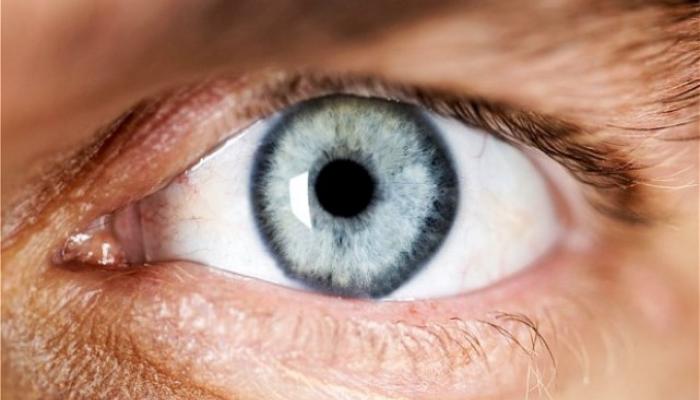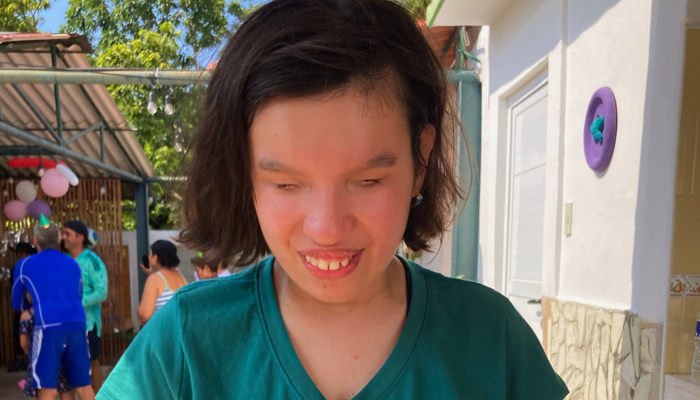More News on Stem Cells and Blindness

There’s more research being done on the use of stem cells in the treatment of blindness. Today’s news comes from the UK, where researchers have found that stem cells exist in the corneal limbus, an area of the eye. They have been able to take these stem cells and turn them into photo-receptor cells, the cells responsible for sight loss in those people with retinitis pigmentosa and macular degeneration.
Usually, the loss of photo-receptor cells is irreversible.
So far, studies have gone only as far as growing the cells in a petri dish; no actual humans have had them implanted to see if it works in real eyes. Right now, the timeline for when clinical trials could begin is five years.
The reason that finding stem cells here is so important is that, by using cells from the person themselves, doctors significantly reduce the risk of rejection. The body is already familiar with the cells and shouldn’t be attacking them, giving the treatment a higher likelihood of success.
The other thing that’s significant is that using stem cells from living adults neatly sidesteps the ethical issues around using embryonic stem cells, once thought to be the only stem cells with the capability of morphing into other cells.
According to the article in the UK newspaper Telegraph, where this was reported, age-related macular degeneration is the leading cause of blindness in the developed world. They also predict that, by 2020, more than 2.5 million people in the UK will have vision loss.
It’s good to know scientists are continuing to search for blindness cures in all places. This research will bear watching.
Related Posts

Eye Conditions and Syndromes
Does Screen Time Affect Kids’ Vision?
Too much screen time can affect kids’ vision by causing eye strain, blurred vision, dry eyes, and even nearsightedness in children and adolescents.

Eye Conditions and Syndromes, Support, Visual Impairment
Coping with a Diagnosis: Emotional Support for Families with Visually Impaired Children
Families with emotional support are more resilient. Learn how to establish emotional support with peers, professionals, and the community to help your family thrive.

Eye Conditions and Syndromes
Finding Joy and Strength in Raising a Child with Anophthalmia
When raising a child with anophthalmia, be patient, be kind to yourself, and take it one day at a time. Your child will fill your life with love!